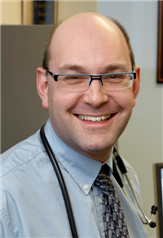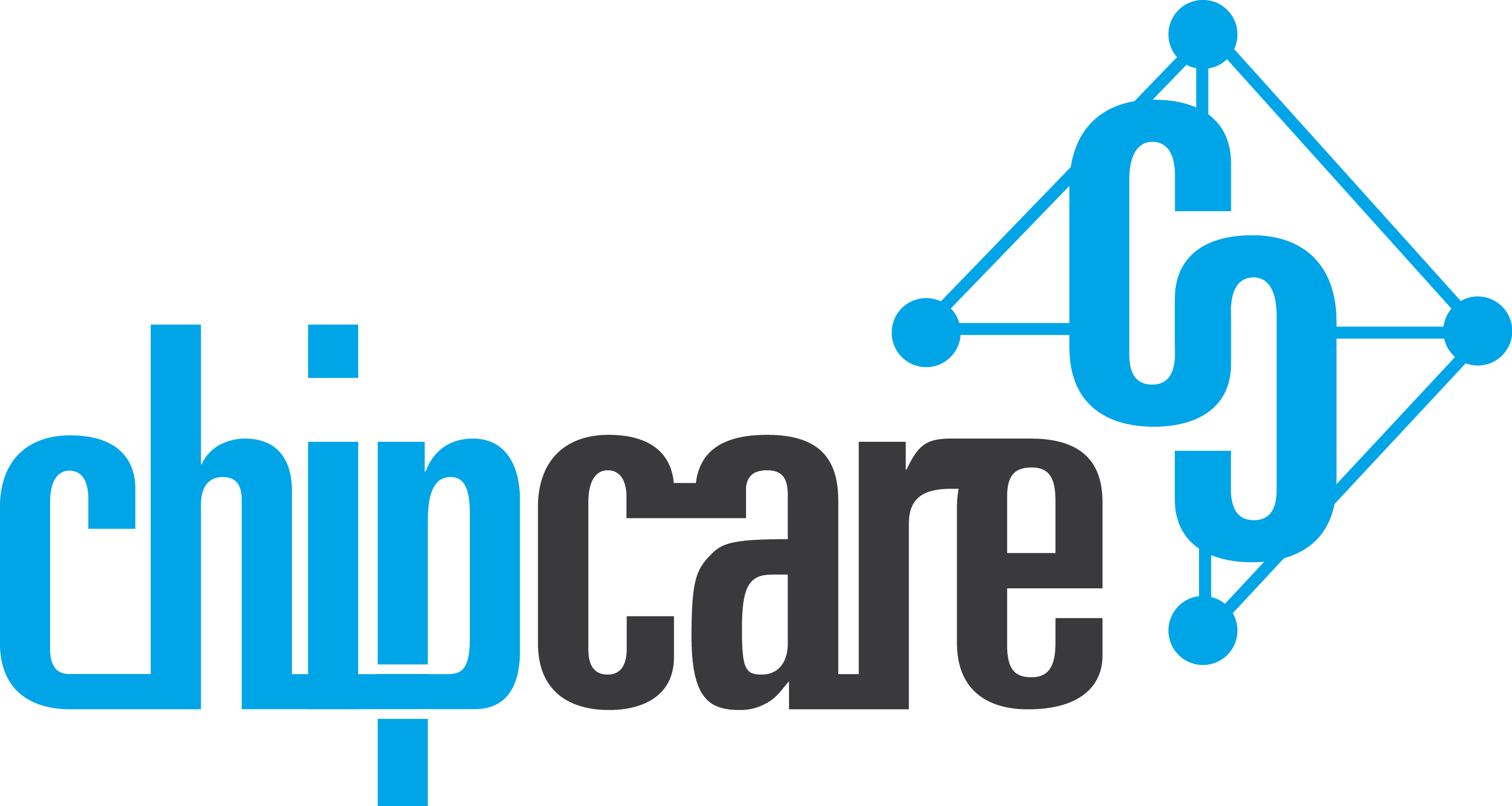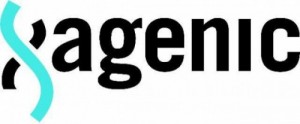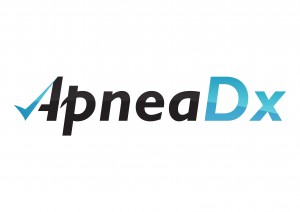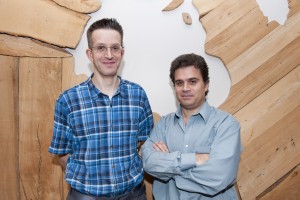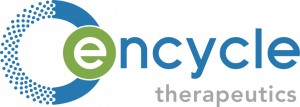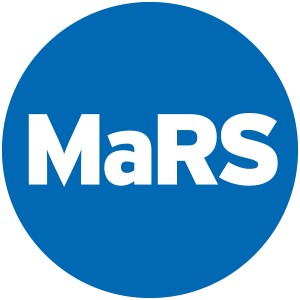Program’s second cohort includes eQOL, E-Twenty Development, Root2Crown, Treata Smart Solutions and TrendMD
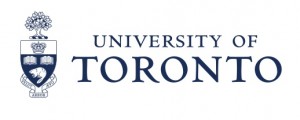 TORONTO (May 14, 2013) — Five companies tackling pervasive healthcare challenges — such as assessing dental health, helping patients and medical personnel navigate hospitals with greater ease, staying current with medical literature, or creating digital tools to help care for the elderly or those with chronic health conditions — have been admitted to the University of Toronto Early Stage Technology (UTEST) program’s second cohort.
TORONTO (May 14, 2013) — Five companies tackling pervasive healthcare challenges — such as assessing dental health, helping patients and medical personnel navigate hospitals with greater ease, staying current with medical literature, or creating digital tools to help care for the elderly or those with chronic health conditions — have been admitted to the University of Toronto Early Stage Technology (UTEST) program’s second cohort.
UTEST, supported by the University of Toronto’s Connaught Fund, Innovations & Partnerships Office (IPO) and MaRS Innovation (MI), is part of a growing system of incubators and commercialization support services at U of T.
Two companies in UTEST’s second cohort, E-Twenty Development Inc. and Treata Smart Solutions Inc. are participating in Canada 3.0 at the Metro Convention Centre May 14 and 15, 2013, in Toronto.
This announcement was covered in PE Hub.
Each company will receive up to $25,000, incubation space in the MaRS Discovery District, mentoring and business strategy support to develop protectable intellectual property, launch their products and gain market traction. They are also eligible to become clients of MaRS Discovery District’s ICE or Healthcare practices.
UTEST seeks scalable, enterprise-focused software applications interested in building business-to-business customer bases — and preferably operational products with a short term to market. The program is co-directed by Kurtis Scissons (U of T IPO) and Dr. Lyssa Neel (MI).
The second cohort has big shoes to fill. UTEST’s first cohort has collectively secured over $1.2 million in follow-on funding and currently employs 29 highly skilled people (HQPs). Each company also filed solid patent protection and most have secured customers. Notably, Whirlscape’s Indiegogo campaign secured over $87,000 in crowd-sourced product funds from nearly 10,000 users, and was featured in the Financial Post, TechCrunch, Mashable and The Verge, among other global media outlets.
